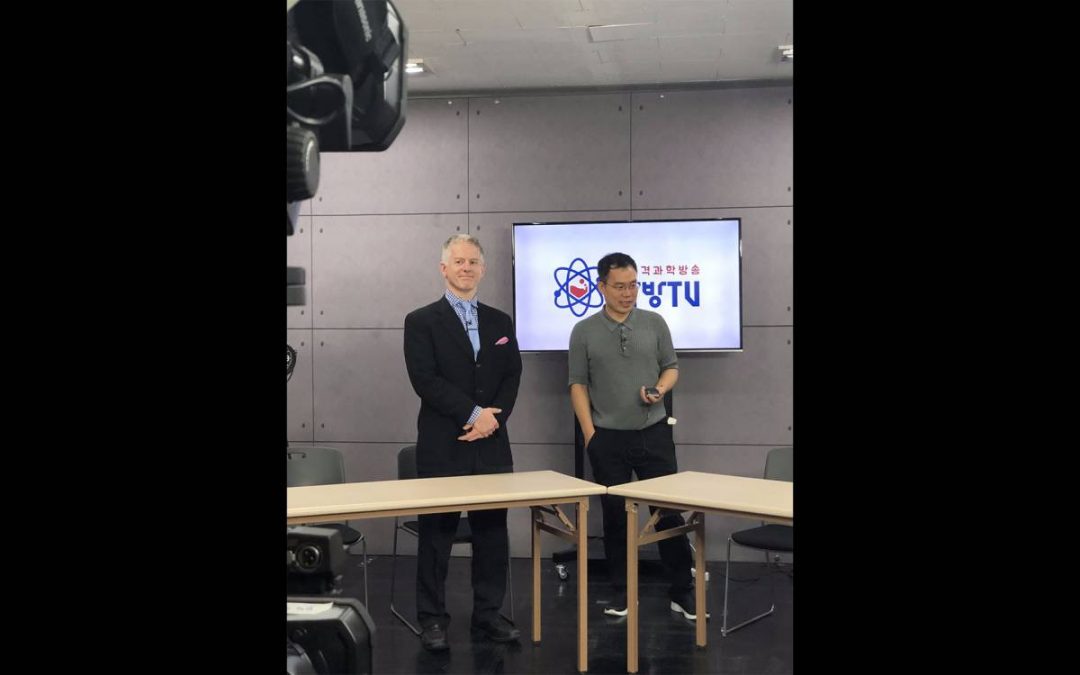New research on multimillion-dollar internet streaming platform takes Warrington management professor to South Korea

Today, one of the biggest challenges in internet-based businesses is monetizing the value created for customers; some companies bombard you with ads, others make you subscribe and others sell your data.
Recently, some companies have resurrected one of the oldest business models out there – patronage. For example, you may have heard of companies like Twitch, a platform for live streaming content (mostly gaming) that allows users to make donations to streamers (called Twitch Bits), and Patreon, which sponsors crowdfunding for artists. It turns out, a South Korea-based company arguably was the first to resurface this model – AfreecaTV.
While still relatively unknown in the United States, AfreecaTV is an immensely popular and innovative people-to-people streaming service. With more than 25 million users, AfreecaTV provides a platform for users to broadcast live and connect with others on more than 7,500 different channels, ranging in broadcasts about video games, science, music, lifestyle, and mukbang, where people watch others eat (really!).
Ross was inspired to study AfreecaTV, in part, because of its innovative revenue model, in which AfreecaTV does not rely on advertising revenue. Instead, users can watch for free but many choose to make in-app donations to streaming content producers, also called broadcast jockeys, directly when they enjoy the broadcast content. AfreecaTV’s own revenue comes from taxing these donations. Ross hopes to study AfreecaTV’s business structure to create a case study project and conduct new research on how the company’s model will impact the business world.
While in South Korea, Ross conducted interviews with AfreecaTV employees, broadcast jockeys and users. He even had the chance to experience what it was like to be a broadcast jockey himself, as he was featured on the channels of three different broadcast jockeys, including that of AfreecaTV’s CEO and founder, Kevin Seo.
“You don’t really understand what it’s like until you’re in [a broadcast,]” Ross said. “It’s interesting because what AfreecaTV calls the ‘giving economy’ is new in the United States. Companies like Twitch are unabashedly imitating AfreecaTV and hoping for similar success. AfreecaTV broadcast jockeys are, in some cases, making millions of dollars from the platform.”
Ross’ research is ongoing, and he plans to dig deeper into understanding AfreecaTV’s revenue model, the unique role users play in the revenue model and how being involved monetarily reframes the user’s perspective on their involvement in the broadcast creation.
To stay up to date with Ross’ research, check out his website.




